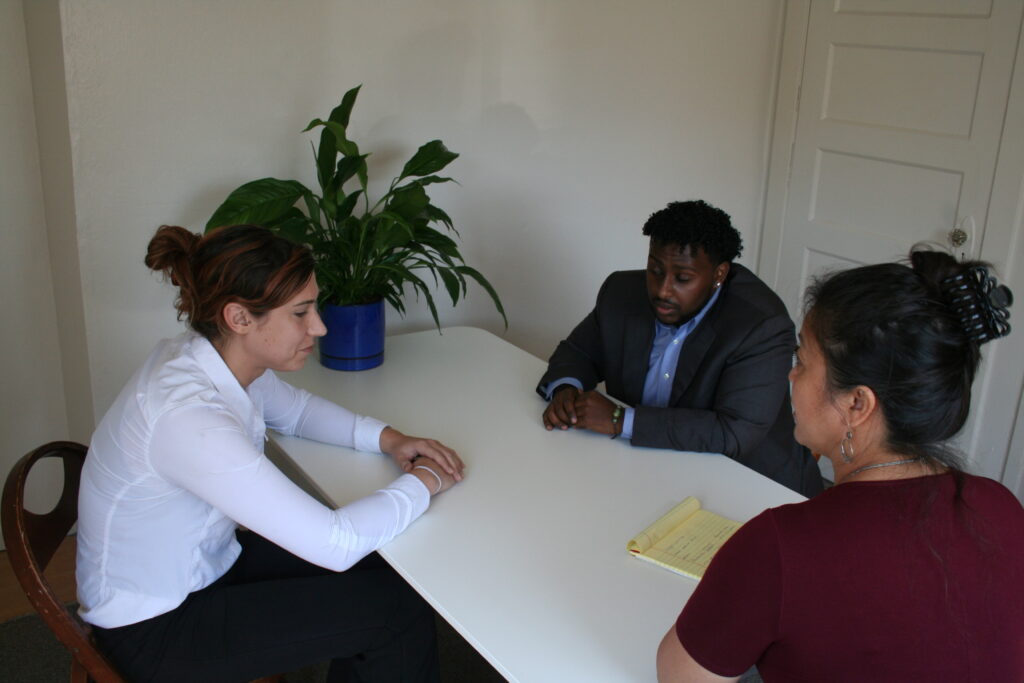
What makes a good mediator? There are several answers to this question. Firstly, the best mediators need to be great listeners. Ninety-five percent of their job is to actively listen. Mediators need to closely follow the conversation and know a misunderstanding has occurred. Good mediators need to understand what is being said well enough to reframe or rephrase at any given time. They also need to listen well enough to be able to ask pertinent and probing questions.
No Judgment
People ask me what makes me stand out from the crowd. I think it is my judgment-free character. No matter what the situation may be, I come to the mediation with an open mind. I think it is very important to not only leave judgment at the door, but also not have it to begin with. I approach each mediation with the thought that I am meeting with humans in conflict. Whether one side is being unfair or unreasonable doesn’t change the fact that they are humans with flaws, feelings and opinions. Each person has a life. Each person has their own trials and tribulations. I try not to judge anyone, regardless of their stance, when mediating with them.
Begin with curiosity
When one enters a conversation without judgment, the questions come from a place of curiosity. The questions come from a place of wanting to know more. There is no attitude of judgment wrapped up in the questions. There is also no fear of being judged. People can open up and speak from the heart. This is not common for many people. People live their lives guarded and wary. They don’t frequently open their hearts. The world is not a safe place. I provide a safe place for people to open up without being judged. My goal is to create a space to explore what is beneath the initial position that people take when negotiating in a mediation.
Dispute Resolution
Only when you get to the root of the issue, can you begin to find a resolution. When I create a judgment-free zone, it allows people to be honest and real. It allows people to ponder what they really want and what is really important to them. It also allows them to begin thinking more about their own interests instead of positions. When we get to the point in the conversation where people are talking about their true interests, the solutions are vast and wide. There are far more acceptable compromises or win-win scenarios when people are able to discuss their interests, instead of fighting over positions.
By creating the judgment-free zone, we move from a place of what we call position-based bargaining to more productive interest-based bargaining. In order to get here, we leave judgment at the door and really look to see where lives, values and interests intersect. This is where we find solid solutions to complex issues whether it be a divorce, landlord-tenant dispute, personal injury case or employment dispute.
